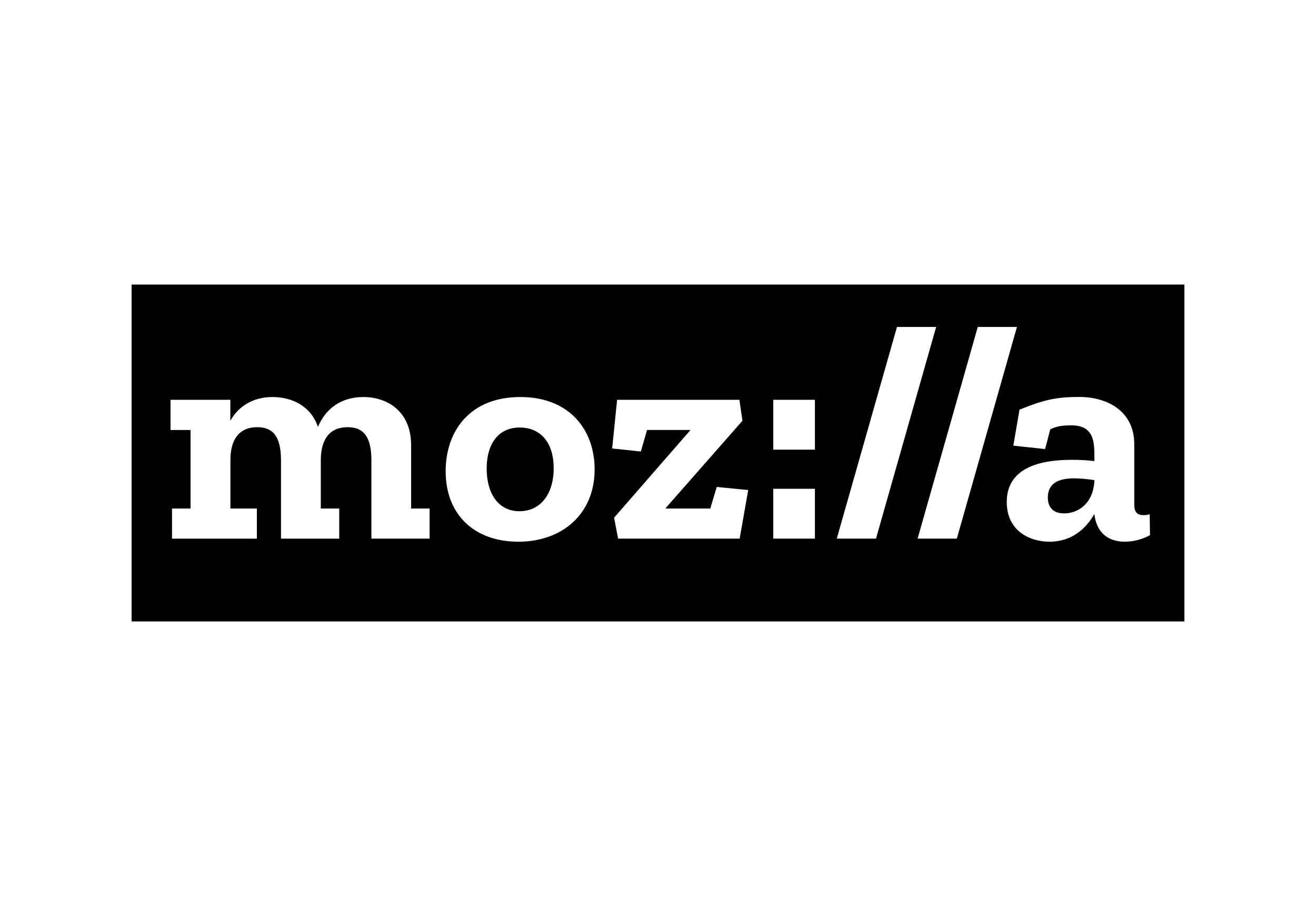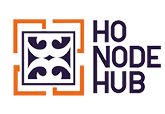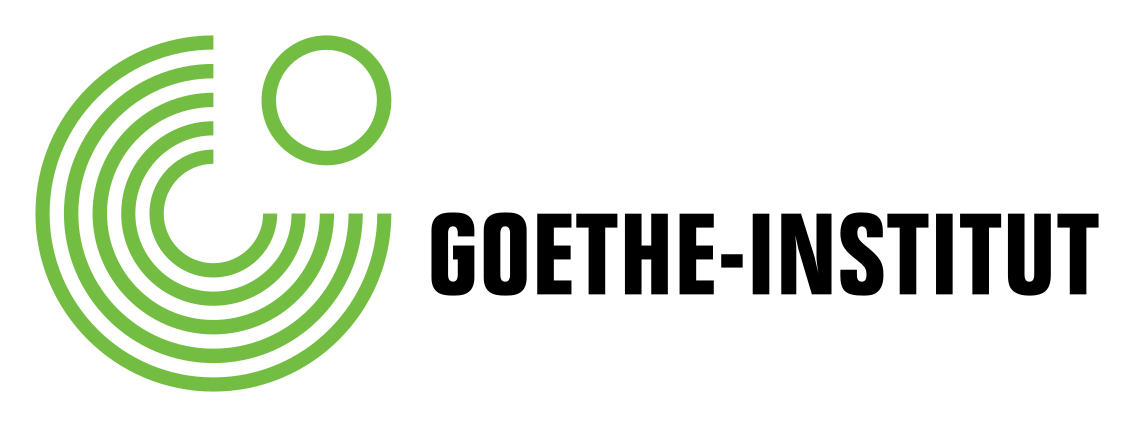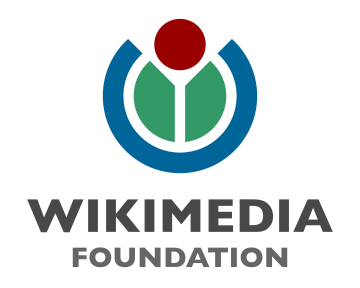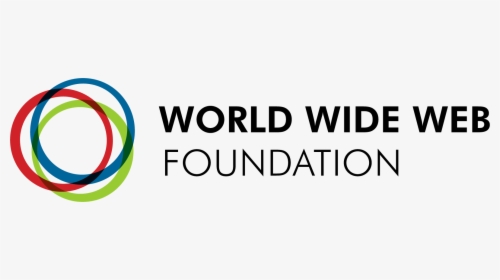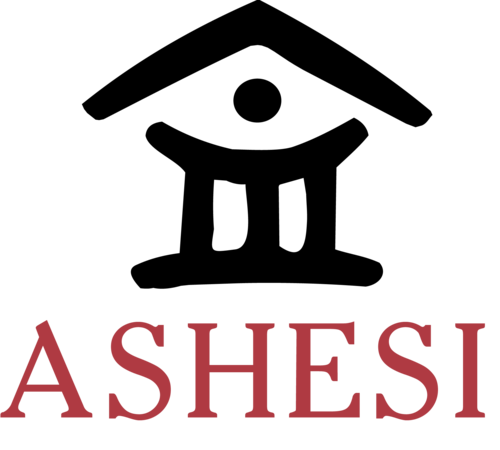
By Vanessa Otchere
Wikipedia mirrors the world, the biases that exist in the world also come to play in Wikipedia.
In our part of the World, Wikipedia is not trusted as good educational material in our schools especially institutions of higher learning mainly because it's a Wiki.
How do we expect to live the vision of a world where everyone can freely share in the sum of all human knowledge if students, lecturers, researchers amongst others exclude themselves from contributing to and utilizing the world's largest encyclopedia.
Thus Wikipedia indeed belongs to Education. Open Foundation West Africa is excited to announce that after starting a Wiki Hub over a year now, Wikipedia 101 which stems from the Wikimedia Education Program has been accepted and integrated into the Educational Technology Course at the Kwame Nkrumah University of Science and Technology KNUST.
The program will be run under the supervision of Harry Barton Essel (PhD) a Lecturer who specialises in Educational Technology at the Masters level at the Faculty of Education in KNUST. It will also be co- facilitated by Maxwell Beganim, a Research Assistant of the University who doubles as a Wikip(m)edian.
Through this, student teachers will be introduced to Open Educational Resources through assignments and learn how to utilise it as a content to be used for their daily research work. This will furnish them with the necessary training skills required to contribute more to Wikipedia and its sister projects.
Again, this will help debunk myths about Wikipedia not being a trusted educational platform because student teachers will occasionally use it for research and pass on the knowledge to all and sundry. It is indeed an important tool which will enhance both research and writing skills of students.
Knowledge of the World should be well represented and relevant thus information on the world's largest encyclopedia should not be taken for granted.



